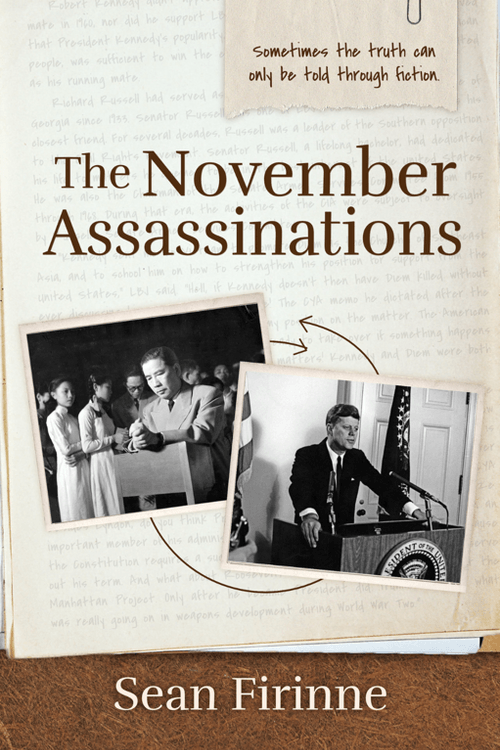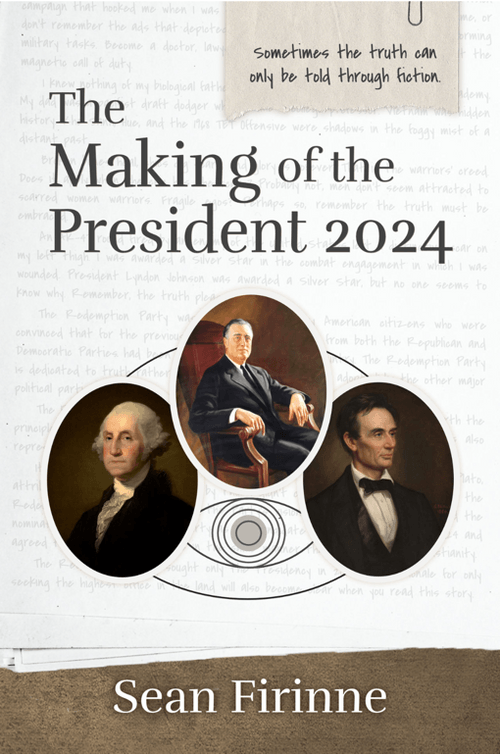The Evolution of Political Assassinations: From Julius Caesar to JFK
- Sean Firinne
- Aug 15, 2024
- 1 min read
Political assassinations have long been a grim but significant part of history, altering the course of governments and impacting societies deeply. This blog post explores the historical evolution of political assassinations, from the ancient stabbing of Julius Caesar to the modern-day shooting of John F. Kennedy.

The Ides of March: Julius Caesar’s Assassination
Examine the assassination of Julius Caesar, its motives rooted in fear of his rising power and the repercussions it had on the Roman Republic. Discuss the immediate chaos and the eventual rise of the Roman Empire under Augustus.
The Lincoln Assassination: America's First Presidential Tragedy
Delve into Abraham Lincoln’s assassination at the hands of John Wilkes Booth in 1865. Explore its impact on the already tumultuous post-Civil War era and how it shaped the reconstruction period.
Archduke Franz Ferdinand and the Spark of World War I
Detail the assassination of Archduke Franz Ferdinand in 1914, which directly triggered the First World War. Discuss the broader implications of how this event reshaped the entire geopolitical landscape of the 20th century.
The JFK Assassination: A Turning Point in American History
Focus on the assassination of John F. Kennedy in 1963, its mysterious circumstances, and the numerous conspiracy theories it spawned. Reflect on its profound impact on American politics, policy, and public trust in government.
Reflect on how the methods and impacts of political assassinations have evolved, yet their ability to provoke major historical shifts remains unchanged. Invite readers to consider the long-term effects of such violent acts on a nation’s political landscape and collective psyche.


